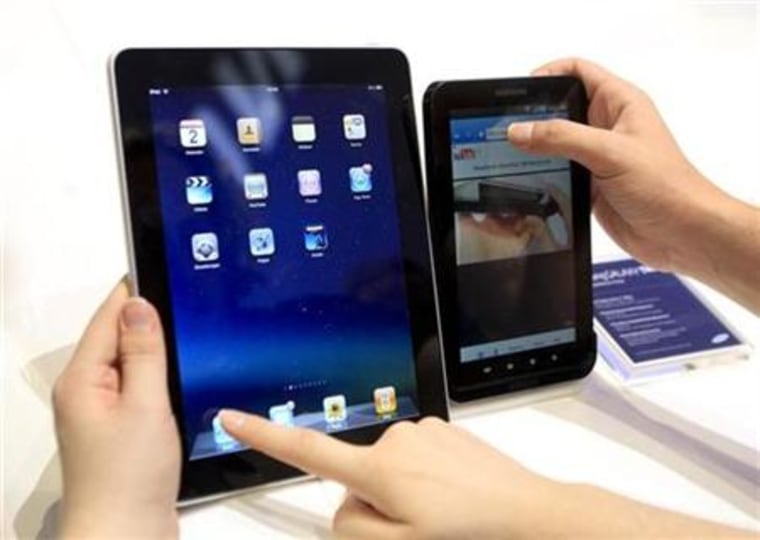The United States could run out of unique Internet addresses to assign to new devices by the end of next year, a telecommunications official said on Tuesday.
Internet Protocol version 4, known as IPv4, provides the dominant architecture for the Internet. It requires devices to have unique identifiers, known as an IP address, but it only has space for 4.3 billion of those addresses.
The recent profusion of mobile devices like Research in Motion's BlackBerry and Apple's iPad, and the expansion of Internet services to more homes have quickly depleted available addresses.
An upgrade to the Internet's main communications protocol with more space, called IPv6, is available, but adoption in the United States has lagged behind Europe, China and other countries.
"We now face an exhaustion of IPv4 addresses," Lawrence Strickling, administrator of the U.S. National Telecommunications and Information Administration, said at a meeting of government and industry stakeholders.
"Fortunately, IPv6 will support 340 trillion trillion trillion addresses," Strickling said, and urged businesses to deploy and integrate IPv6 widely.
But the transition may not be easy. It could cost businesses a lot of money, and the new technology might not work well with the technology they use now.
Vivek Kundra, the U.S. chief information officer, issued a directive on Tuesday requiring all U.S. government agencies to upgrade many of their servers and services like e-mail and web sites to IPv6 by the end of fiscal 2012.
The memo also ordered them to upgrade internal applications that use Internet servers and make enterprise networks compatible with IPv6 by the end of fiscal 2014.
Representatives from Comcast, Verizon and Google also attended the meeting. They expressed their concerns, but also relayed an urgency to move forward to prevent delays in service for consumers.
An estimated 94.5 percent of the available IP addresses for IPv4 have already been used, and the remaining 5.5 percent are expected to be allocated among the Regional Internet Registries by next summer.
"We expect that there will be no addresses available in our registries to give to Internet service providers by the end of 2011," said John Curran, president and chief executive of the American Registry for Internet Numbers, one of five regional registries.
